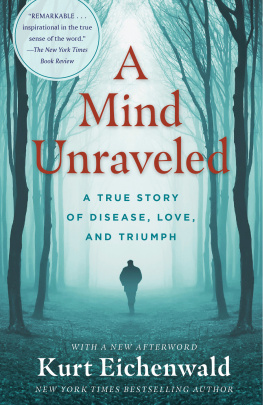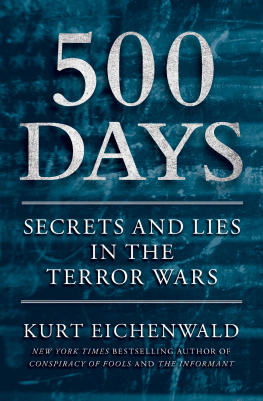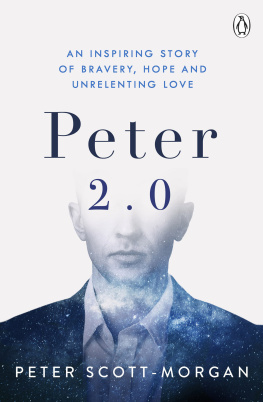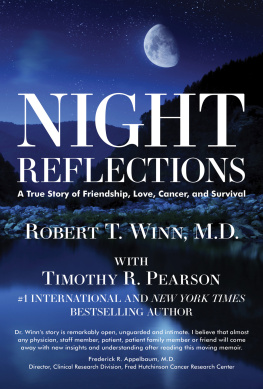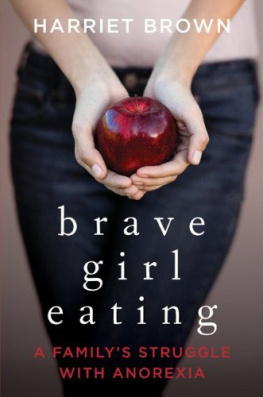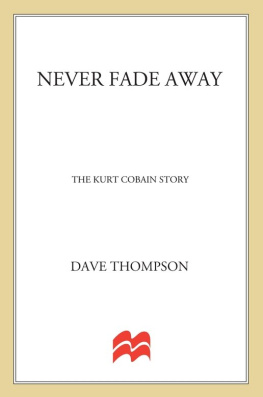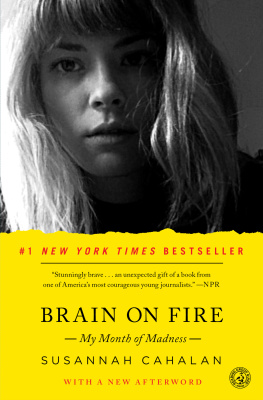Contents
Landmarks
Print Page List
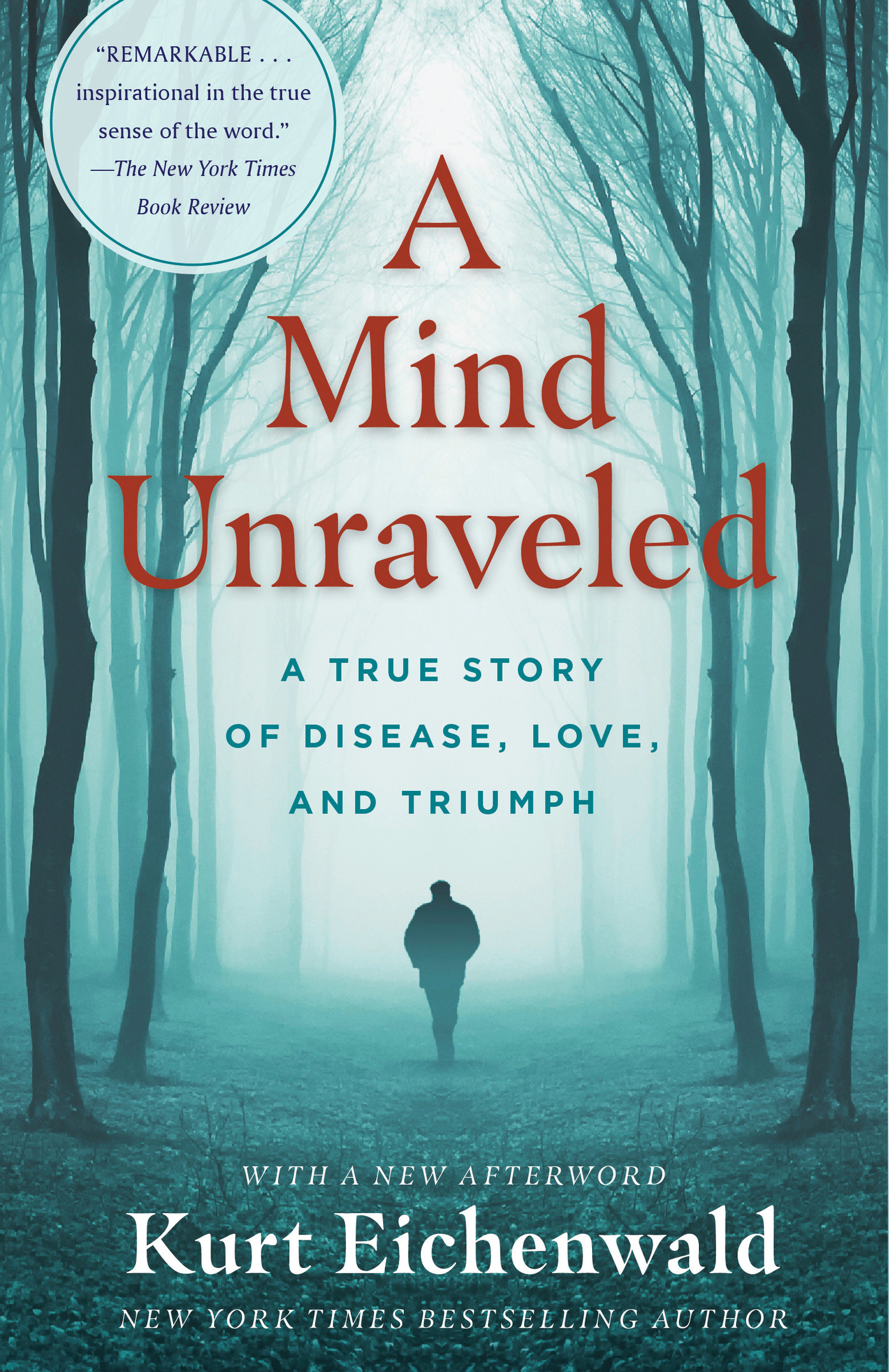
Praise for
A Mind Unraveled
AN EXTRAORDINARY BOOK.
H ARRIET L ERNER , Ph.D., New York Times bestselling author of The Dance of Anger
A passionate memoir of health and life and what it means to embrace both.
Library Journal (starred review)
An enlightening and often moving memoir of one mans struggle to live with a chronic and debilitating condition.
Kirkus Reviews
A Mind Unraveled reads like a medical thriller, at times truly frightening but also deeply inspiring. This book will make me think differently as a doctor. Kurt Eichenwald is a tremendously talented writer. When you travel on his personal journey, it is pure gold.
S ANJAY G UPTA , M.D., chief medical correspondent, CNN
This is a very powerful, tremendously informative book. Pure emotional honesty has great impact, and that is what Kurt Eichenwald has provided here.
J AMES F ALLOWS, National Book Award winner and national correspondent for The Atlantic Monthly
This powerful account provides an important blueprint for anyone struggling to overcome serious challenges.
K ATIE C OURIC
A Mind Unraveled left me overwhelmed and speechless. Eichenwalds story is breathtaking, both in the battles he fought and the courage and fortitude he has maintained throughout his life: devastation and inspiration all under one cover.
S USAN A XELROD, founder of CURE (Citizens United for Research in Epilepsy)
In a career thats included hundreds of articlesinvestigative journalist Kurt Eichenwald has established himself as a dogged and fearless reporter. But no story hes unearthed is as compelling as the one he tells in his traumatic memoir.Candid, meticulously reported and at times terrifying, A Mind Unraveled is an inspiring story of a man whose fierce will helped ensure he would not be defined or defeated by a chronic disease.
Shelf Awareness (starred review)
This book absolutely floored me. Its a medical mystery unlike any Ive read before, with a propulsive narrative. Trust me, you wont be able to put it down.
B RYAN B URROUGH , New York Times bestselling author of Barbarians at the Gate
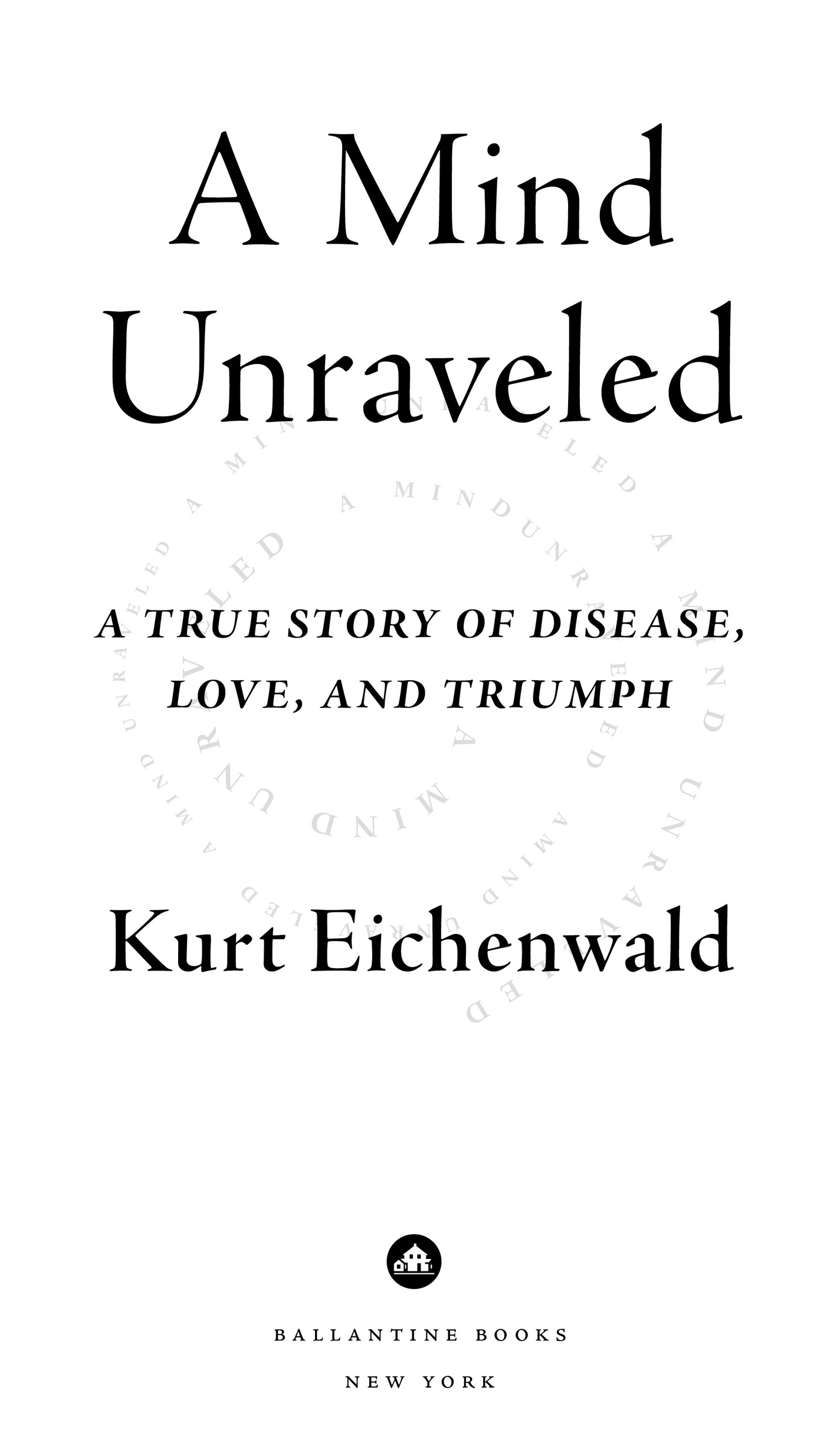
Copyright 2018, 2019 by Kurt Eichenwald
All rights reserved.
Published in the United States by Ballantine Books, an imprint of Random House, a division of Penguin Random House LLC, New York.
B ALLANTINE and the H OUSE colophon are registered trademarks of Penguin Random House LLC.
Originally published in hardcover and in slightly different form in the United States by Ballantine Books, an imprint of Random House, a division of Penguin Random House LLC, in 2018.
L IBRARY OF C ONGRESS C ATALOGING-IN- P UBLICATION D ATA
Names: Eichenwald, Kurt, author.
Title: A mind unraveled : a true story of disease, love, and triumph / Kurt Eichenwald.
Description: New York : Ballantine Books, [2018]
Identifiers: LCCN 2018018965 | ISBN 9780399593642 (paperback) | ISBN 9780399593635 (ebook)
Subjects: LCSH: Eichenwald, Kurt, 1961Health. | EpilepticsUnited StatesBiography. | LCGFT: Autobiographies.
Classification: LCC RC372 .E33 2018 | DDC 616.85/30092 [B]dc23
LC record available at https://lccn.loc.gov/2018018965
Ebook ISBN9780399593635
randomhousebooks.com
Book design by Jo Anne Metsch, adapted for ebook
Cover image: Shutterstock
v5.4
ep
Contents
You may encounter many defeats, but you must not be defeated. In fact, it may be necessary to encounter the defeats, so you can know who you are, what you can rise from, how you can still come out of it.
MAYA ANGELOU
AUTHORS NOTE
This book may raise a few questions, the most obvious being: How can readers trust the recollections of someone whose memory has been impaired by decades of seizures? The answer is simple. Throughout most of my experiences, I kept diaries, notes, and tapes, largely because I found a benefit in recounting thoughts and feelings I shared with no one. I also retained medical documents, letters, and other contemporaneous papers. Later, I interviewed friends, family, doctors, and colleagues, who related their perspectives. While digging through old papers, I also discovered a box filled with tapes that were recorded in the 1980s by people who went through these events with me. Two of the speakers say I requested the recordings and promised not to listen to them for decades. I do not remember asking for them, but these proved invaluable, allowing me to gain insight into the experiences and emotions of friends and family that otherwise I never would have known. Passages from these old recordings are included after most chapters in this book.
I had never reviewed all of the diaries and recordings until undertaking this project, and the level of detail they contain astonished me. In them, I seemed driven to describe every sight, every sound. I commented on chair squeaks, expressions, tones of voice. Perhaps I needed to paint a mental image for my future reference, perhaps my medications led me to ramble, perhaps reciting obsessive detail was my way of finding control in an uncontrolled situation. Whatever the reason, these records helped me reconstruct events I dont remember.
Then there is the nature of memory. As anyone with recollection problems can attest, it is not like a bucket that is either filled with water or not. There are pieces and pathwayswhich even neuroscientists only vaguely understandwoven into the tapestry of brain function that dictate whether memories stay or fade.
Names, including those of people I have known for years, are hard to retrieve, which has led me to techniques that allow me to dodge saying them. I often rely on nicknames, such as calling my editors Boss. If my wife, Theresa, and I run into acquaintances or friends, she will casually utter their names so I can hear them. There have also been times when names of objects have been hard to recollect. I once stared at a chair trying to connect a word to this wooden thing with four legs; eventually, I recalled a term, but I couldnt move the sound from my mind to my mouth. So I just pointed.
Inconsequential or stress-free occurrences often disappear, which can be saddening, since I often forget vacations or nice experiences with my family. Sometimes, though, Im glad memories fadefor example, I forgot a dental surgery; I know it occurred only because Theresa told me when I found gizmos intended for me to use after the procedure. I watch reruns of my beloved Law & Order over and over without remembering who committed the crime. I sat three times through my favorite movieMemento, about a man with severe memory problemseach time knowing only that I loved the film; otherwise, it was all new to me.
Recollections of traumatic or important or funny events tend to remain accessible; in fact, they are surprisingly vivid. Then there is a technique others with memory problems will understand: remembering to remember. If I experience a short-term event of little significance but that I know I want to recall, at times I am able to store the memory if I focus on retention. I cannot do that with everything since, if I did, I would be standing in silence endlessly, thinking about remembering.
My age at the time of an event also plays a role. The deterioration of my memory seems to have begun when I was nineteen, after the seizures escalated. So I have found that I recall events from when I was younger with little difficulty.

